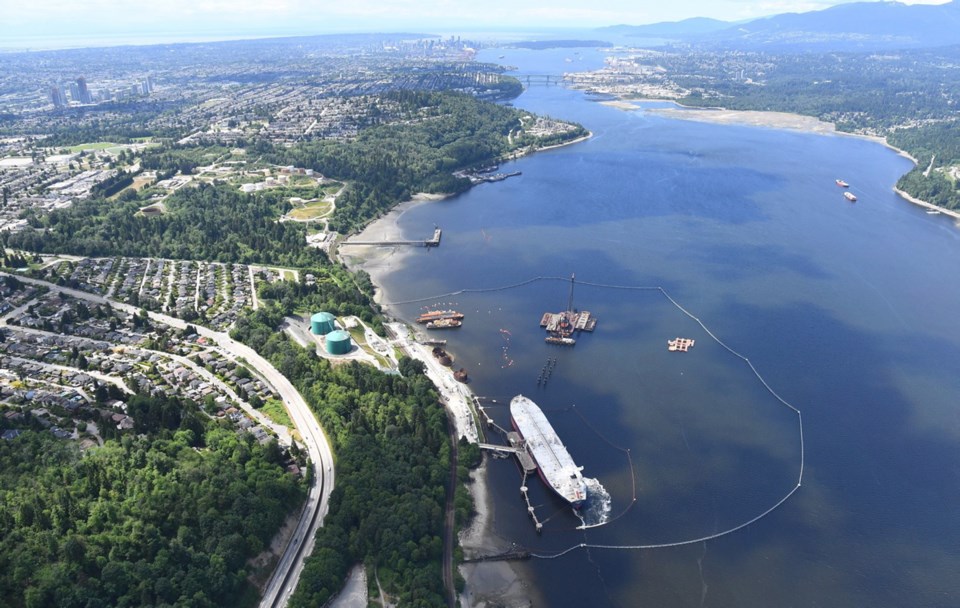]With the final days of this Parliament in front of us there are a number of critical bills awaiting final approval and a possible major constitutional crisis brewing.
The debate over Bill C-48, the Northcoast Oil Tanker Ban, has been raging for forty years in the northwest of British Columbia.
In its most recent form, people from across the region, province and country came together to stop the proposed Enbridge Northern Gateway pipeline which had planned on moving over 500,000 barrels a day of diluted bitumen over two mountain ranges and 1,100 rivers and streams to the port in Kitimat.
Then it was to be loaded onto supertankers to sail down the narrow and treacherous Douglas Channel and on to ports in the United States and possibly Asia.
The company had its permits overturned in court and the 2015 election had four of the five parties commit to implementing a permanent ban on oil supertankers. That was to provide permanent protection for the Great Bear Rainforest.
I had introduced a bill to do this in previous parliaments and I was hopeful when the Trudeau government took up my bill and turned it into Bill C-48.
After extensive consultations and hearings the debate was settled and 70 per cent of the elected MPs in the House, representing 12 million Canadians’ votes, passed it to the Senate.
Here is where the debate over the environment and oil pipelines has transformed into one of democratic rights and the role of the Senate.
From the Supreme Court to John A. Macdonald to the British Parliament, the limits of the unelected chambers’ powers have been made clear: To advise, to amend if necessary, but not to thwart the will of the people and their representatives.
Former Conservative Senator Hugh Segal had it right when he was quoted saying that if the “reformed” Senate hopes to earn the acceptance or trust of Canadians it must not overstep its role by rejecting bills that the elected House of Commons has passed.
If the Senate does try to kill C-48 outright, Canada has a major democratic crisis on its hands.
“Killing a government bill that was part of an election platform that elected a majority government, and which was passed in the House with multi-party support, is simply not in the Senate’s job description,” Segal said.
The reforms made by Trudeau to the Senate were meant to give it more independence but not more power. Not all Senators feel this way.
And strangely, some western conservative politicians like premiers Jason Kenney of Alberta and Scott Moe of Saskatchewan have suddenly found themselves willing to forget their former beliefs on a Senate that was representative.
The short term fixation on defeating this bill, despite the fact that there is no serious project proposed to move oil to the north coast, forgets the long term impact of an unaccountable, heavily lobbied and unelected Senate undermining current and future government’s ability to fulfil their democratic mandates.
Sober second thought is the traditional and proper role for the Senate.
The Liberal’s reforms may have opened the genie’s bottle. We must not let it escape because there will be no putting it back in.
Canadians may wake up to a Parliament, empowered through free and fair elections, only for it to be undermined by well-connected lobbyists and a Senate with no checks on their substantial powers.
Regardless of your political leanings or views on this particular bill, this test case must not be failed; otherwise future Parliaments and voters will be made even more cynical and skeptical of the power of their votes and those who seek them.
Nathan Cullen is the NDP MP for Skeena-Bulkley Valley.



